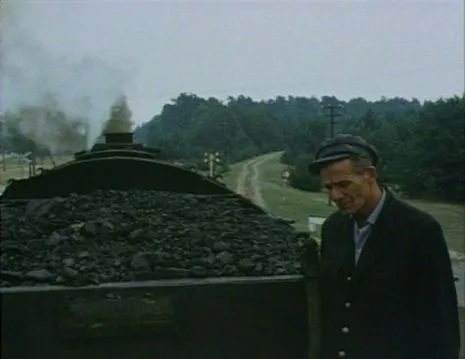
Some topics — slavery, war, genocide — are so massive in scope that attempts to represent them in a single work of art risks coming across as … hubristic … naive …. maybe even scandalous. But it is the eternal struggle of art and artists to strive to express our deepest emotions and most important experiences.
Shoah is Claude Lanzmann’s nine-and-one-half-hour attempt to reconcile that eternal tension between irresistible subjects and immovable historical inscrutability. One might think at that length that it lays some claim to being the definitive Holocaust film, but even Lanzmann filmed another work — The Last of the Unjust — nearly thirty years after Shoah, and it was an additional four hours long. The Holocaust is not a story that can’t be told, it is a story that can’t ever stop being told.
As I write this, seventy-eight years have passed since the liberation of the final concentration camp, meaning a time is coming in the not-too-distant future when the Shoah will no longer have any living witnesses. Camps like Auschwitz, Sobibor, or Theriesenstadt, will exist in our geography like the Coliseum in Rome or the slaving auction blocks in the Bahamas, but our understanding of what happened in these places will be informed by historical documents rather than living memories. In that difference lies a profound reason for the power and importance of documentaries.
But it is insufficient to see the importance of any spiritually significant documentary in strictly historical terms. Yes, the camera has fundamentally altered the ways we think about and value history, but the camera must be pointed by a hand, and the film print must be edited by one. Attempts to let the truth speak for itself will always be in vain because what we call truth is an abstraction and a distillation. The human mind, as complex as it is, is ultimately finite, and the world we document is filled with complexities and variables that we can never fully understand in totality. The smallest Romantic grain of sand, the tiniest leaf by Niggle is only ever comprehensible as part of an endless hermeneutical circle that relies on eternal fluctuations between new contextual details and a deeper understanding of particulars.
If that language sounds itself abstract — too generic and clinical for a topic of such gravity — I concede it is. Shoah may not be able to encapsulate the whole of the Holocaust, but it is able to show enough of it to stretch any individual viewer to his or her limits of understanding. If there is a place that is beyond understanding but doesn’t leave all understanding behind, it is the place where Shoah would take us and where we may find that our questions are not finally answered but at least addressed with sufficient care for eternal truth to give us some glimpses of answers yet to come. — Kenneth R. Morefield (2023).
Arts & Faith Lists:
2023 Top 25 Spiritually Significant Documentaries — #15